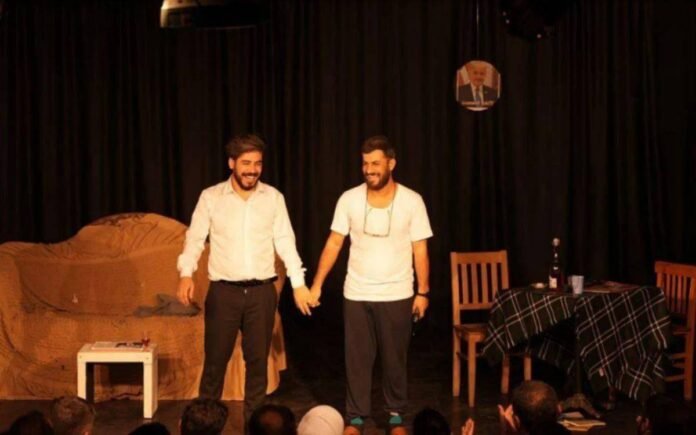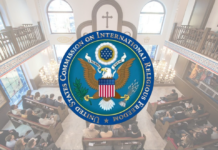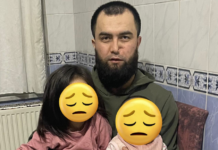The Turkey’s interior ministry has defended the ban on a Kurdish-language play, “Qral û Travis,” in the eastern province of Ağrı, citing concerns over public order and security, the Mezopotamya news agency reported on Wednesday.
In response to a parliamentary inquiry filed by the pro-Kurdish Peoples’ Equality and Democracy Party (DEM Party), Interior Minister Ali Yerlikaya said the play was banned to “prevent the commission of crimes” and to ensure “public order, security and health.” The statement referenced legal provisions under Turkey’s Law on Meetings and Demonstrations and the Provincial Administration Law.
The play was scheduled to be performed on January 17, 2024, at the Panos Municipality Cultural Arts Center. It has faced multiple bans in Turkey. Subsequent performances in Gaziantep and İstanbul were also canceled by local authorities.
The Law on Meetings and Demonstrations (Law No. 2911) regulates public gatherings and demonstrations in Turkey, granting authorities broad discretion to prohibit events that they deem a threat to public order, national security or public health. The Provincial Administration Law (Law No. 5442) provides governors with the authority to implement measures they consider necessary to maintain public security within their jurisdictions. These laws have often been criticized by human rights organizations for enabling censorship and restricting freedoms of expression and assembly.
“Qral û Travis” is the Kurdish adaptation of American playwright Sam Bobrick’s political comedy “Travis Pine (A Man of the People).”
The play centers on Travis Pine, a grumpy, unemployed man in 1950s America who holds the president responsible for the nation’s crises and corruption. Travis begins writing critical letters to the president, leading to psychological distress for the leader. In response, FBI agent Tom Walker visits Travis to persuade him to cease his correspondence. Their ensuing interactions humorously expose governmental corruption and societal issues.
Prohibitions against the use of Kurdish in Turkey go back many years. Kurdish language, clothing, folklore and names were banned in 1937. The words “Kurds,” “Kurdistan” and “Kurdish” were prohibited. After a military coup in 1980, speaking Kurdish was formally forbidden, even in private life.
The use of Kurdish on TV and in print media was only made possible in the early 2000s, thanks to significant progress made in the country’s bid to become a member of the EU.
Yet, the drift towards nationalism and the ruling Justice and Development Party alliance with the far-right Nationalist Movement Party led to resurgence of anti-Kurdish sentiment.
Authorities frequently claim that such events are linked to separatist activities, particularly in relation to the Kurdistan Workers’ Party, an armed group designated as a terrorist organization by Turkey and its Western allies. This association is often used to justify broad crackdowns on Kurdish cultural and political expression, even in cases with no apparent connection to political movements or violence.















